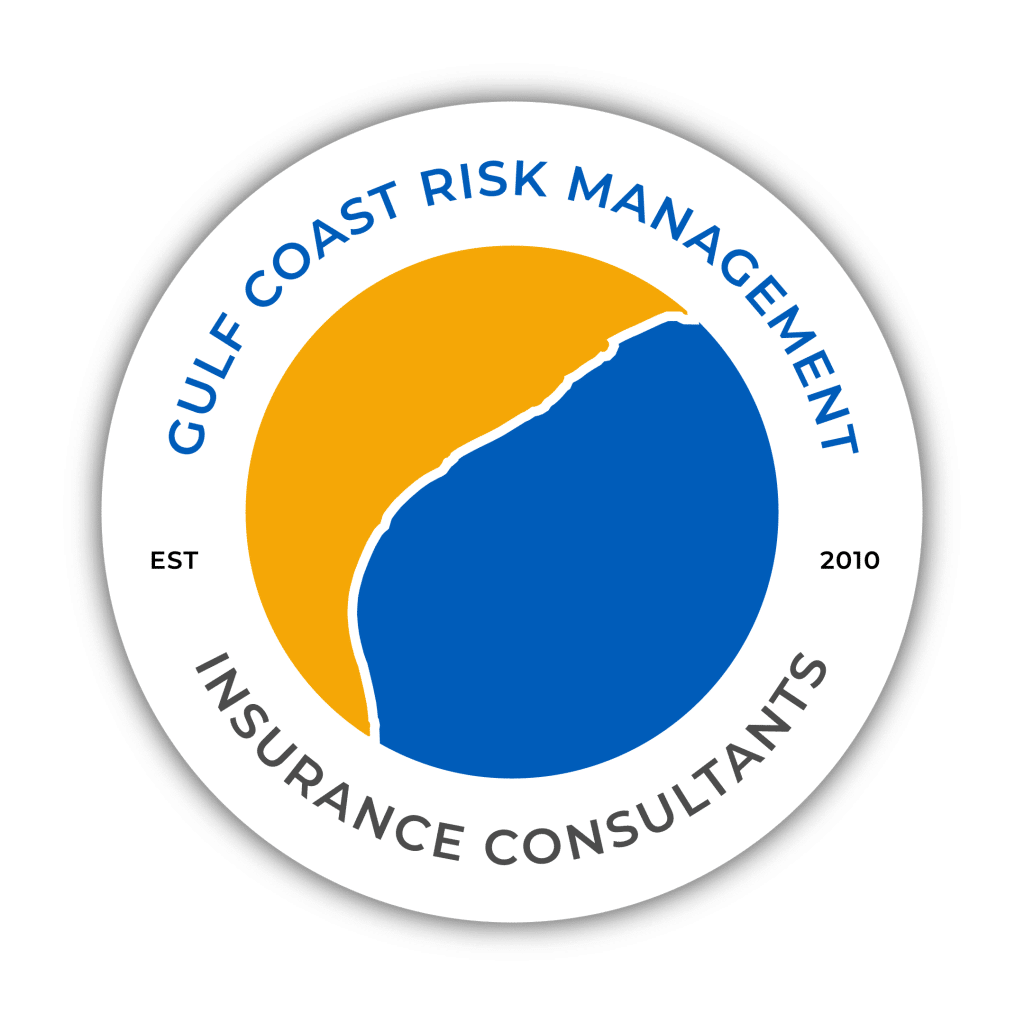The Insurance Discovery Checklist Every Attorney Should Use in Litigation
When litigation involves insurance policies, discovery can quickly become complex. From vague policy language to missing endorsements and unclear coverage triggers, the discovery process often reveals critical coverage questions—if you know what to look for.
At Gulf Coast Risk Management, we specialize in supporting legal teams as consulting and testifying expert witnesses on insurance-related matters. Whether you’re representing a plaintiff or a defendant, this insurance discovery checklist will help you identify essential documents, avoid blind spots, and build a stronger foundation for your case.
Why Insurance Discovery Matters
Insurance is often a silent player in litigation—until it isn’t. Coverage can determine available remedies, impact settlement negotiations, and even shift liability. That’s why attorneys must approach insurance discovery strategically, especially when unfamiliar with the technicalities of coverage language, exclusions, and risk transfer.
The Insurance Discovery Checklist for Attorneys
Below is a practical checklist of items every attorney should consider requesting or reviewing during the discovery phase of litigation involving insurance:
1. Full Insurance Policy Documents
-
All declarations pages (not just the first page)
-
Complete policy language, including terms, definitions, exclusions, and endorsements
-
Policy forms (e.g., ISO or manuscript)
-
Renewal policies, if relevant to the period in question
Tip: Always request the entire policy, not just the COI or coverage summary. Hidden exclusions or limiting endorsements are often buried in the fine print.
2. Certificates of Insurance (COIs)
-
All COIs issued during the relevant period
-
COIs naming additional insureds, if applicable
Warning: COIs do not create coverage. Confirm that the policy actually includes endorsed coverage for additional insureds, subcontractors, or specific projects.
3. Claims History & Carrier Correspondence
-
All prior claims made under the policy
-
Denial letters, reservation of rights letters, or coverage position letters
-
Claims file notes or adjuster summaries
Insight: A denial or reservation of rights letter can open the door to a bad faith claim or declaratory judgment action.
4. Contractual Risk Transfer Documents
-
Master service agreements
-
Subcontractor or vendor agreements
-
Indemnity and hold harmless clauses
-
Insurance requirements within contracts
Why it matters: Contract language must align with the policy for additional insured or indemnity coverage to apply. Misalignment is a frequent point of litigation.
5. Broker or Agent Communications
-
Emails or memos between the insured and their broker
-
Requests for specific endorsements or coverages
-
Evidence of reliance on broker recommendations
These documents may show who was responsible for any gaps in coverage—or who misrepresented coverage terms.
6. Certificates or Proof of Compliance with Contractual Insurance Requirements
-
Did the named insured meet the insurance obligations in their contract?
-
Was the proper type and amount of coverage in place?
Failure to comply with contractually required insurance terms may result in breach of contract claims or limit indemnity rights.
When to Involve an Expert Witness
Insurance policies are complex legal documents with industry-specific language. Many attorneys don’t realize the impact of minor endorsements or exclusions until late in the litigation process.
An expert witness with experience in insurance underwriting, claims handling, and risk transfer can:
-
Clarify ambiguities in coverage
-
Help formulate discovery questions
-
Explain the industry standard of care
-
Strengthen your position during mediation or trial
At Gulf Coast Risk Management, we assist attorneys nationwide as consulting and testifying experts on commercial general liability, builder’s risk, professional liability, and more. Our expertise helps ensure nothing critical is missed in your insurance discovery process.
Build a Stronger Case with Better Discovery
Whether you’re dealing with a construction defect claim, a business interruption dispute, or third-party liability litigation, starting with the right insurance discovery checklist gives your team the edge.
Need help interpreting complex policies or insurance risk issues?
Visit gulfcoastriskmanagement.com or contact us today to speak with an experienced expert witness who can support your case with clarity and confidence.
Visit gulfcoastriskmanagement.com or contact us today to speak with an experienced expert witness who can support your case with clarity and confidence.

Scott Margraves
Gulf Coast Risk Management
